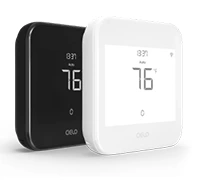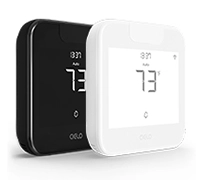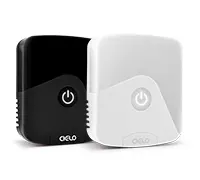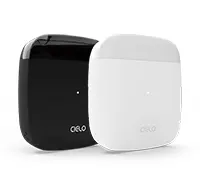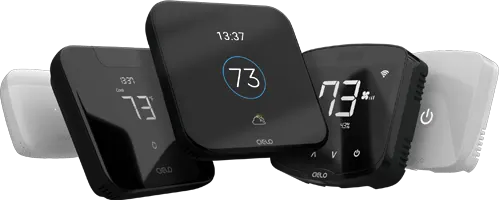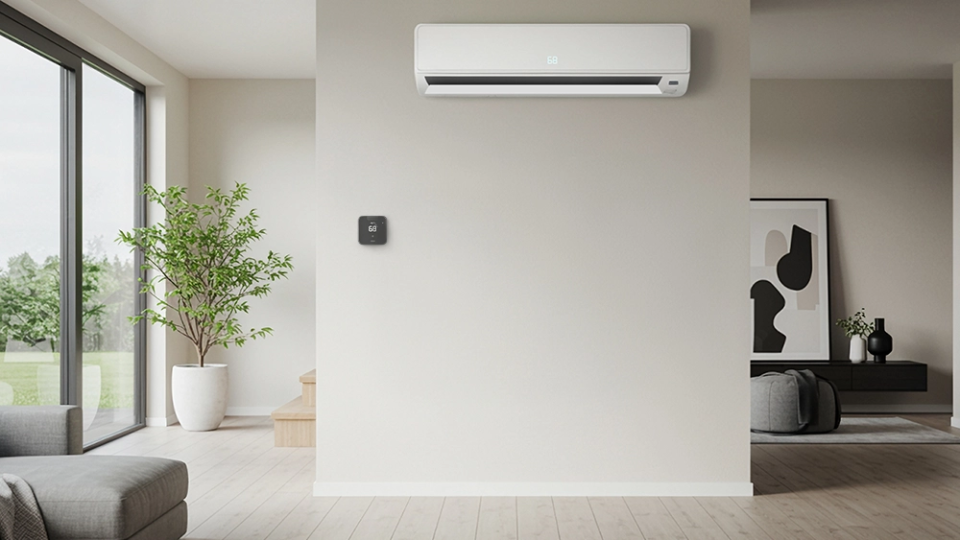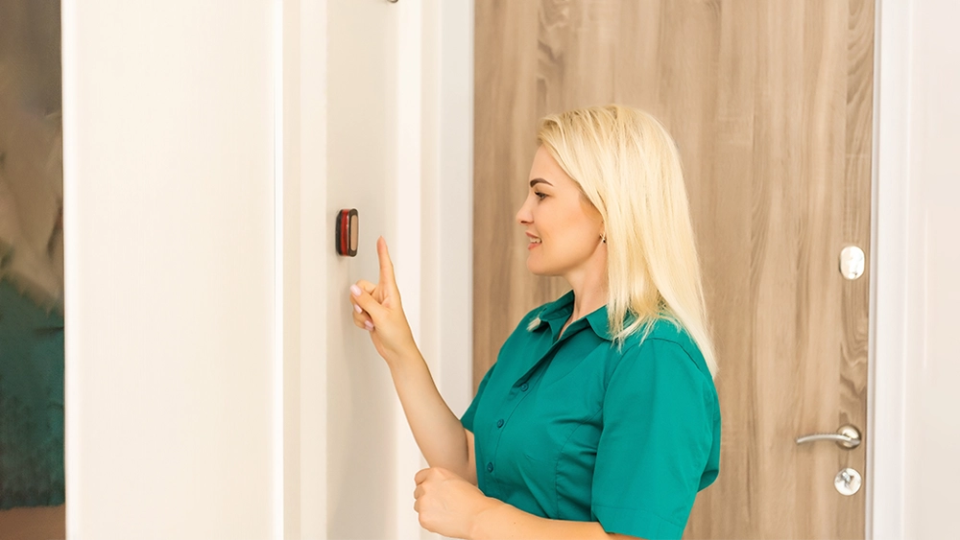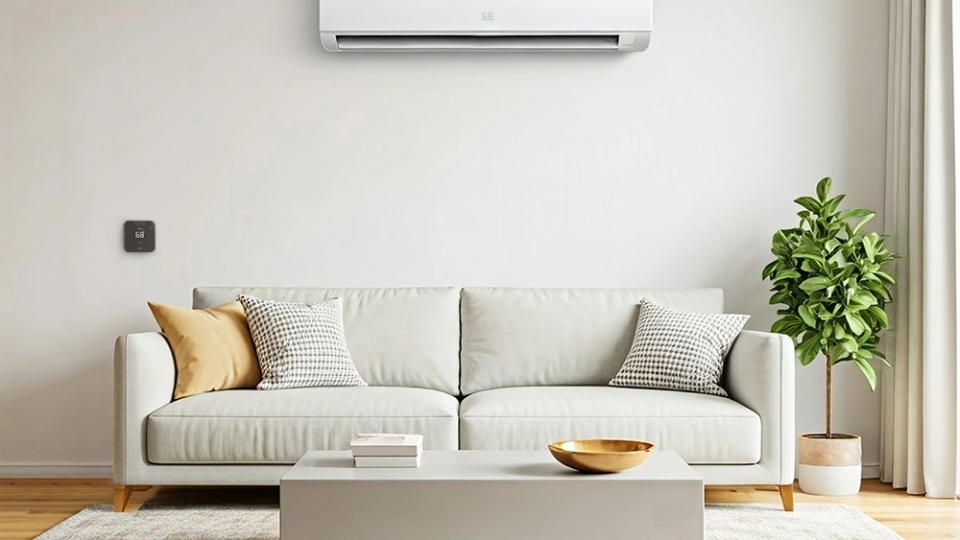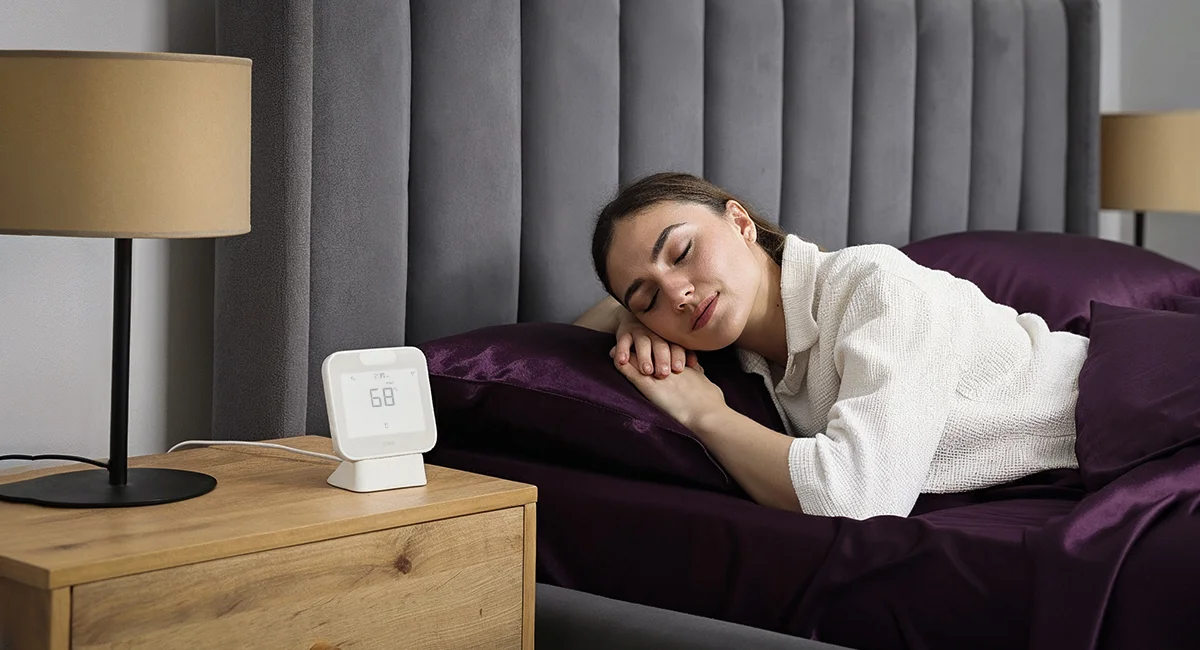
Key Takeaways
- Central and mini-splits air conditioners recirculate the indoor air without pulling air from outside.
- Window air conditioners pull air from the outside, so avoid using them during wildfire smoke.
- To improve indoor air quality, choose high-efficiency AC filters like HEPA that can effectively capture fine particles.
For several days, the sight of New York City gripped by a thick blanket of smoke has left Americans in disbelief, a poignant reminder of the severe air pollution that has descended upon the region as a result of wildfires in Canada. The situation has presented residents with an unprecedented challenge, forcing them to navigate through uncharted territory in their efforts to combat and mitigate the detrimental effects of the pervasive smoke. With heavy reliance on air conditioning amidst this scorching summer, a pertinent question arises: do air conditioners pull air from outside, and to what extent is this practice considered safe?
Air quality alerts have been issued along the East Coast as smoke from Canadian wildfires engulfs the region. Even though the sky has been clearing up now, authorities claim there might be a resurgence of smoke across the Northeast area.
When will Canadian wildfire smoke return to the Northeast? 🔥💨
Air quality has improved across the Northeast, but AccuWeather forecasters warn that smoke could soon make a return over the region: https://t.co/yKRtFmxnbM pic.twitter.com/L0PPcfVbEr
— AccuWeather (@accuweather) June 9, 2023
The air quality index (AQI) in New York went up to an “unhealthy” level, compelling people to don N95 face masks again, a precautionary measure largely set aside since the pandemic. There are now increased concerns about health consciousness among residents.
Wildfire smoke harbors poisons and other contaminants that can trigger discomfort for anyone who breathes it in, but especially those with pre-existing respiratory conditions or general health concerns.
Even when staying indoors, you must be worried about the smoky air getting in, raising many questions like, do air conditioners pull air from outside? Or can you use AC when it’s smoky outside? Well, air conditioners might actually help minimize the risk of smoke particles entering your home.
Read on to find out answers to all your pressing queries.
Cool Air vs. Clean Air
One issue that has surfaced is whether air conditioners pull air from outside and bring pollutants into homes and if they are safe to use during these smoky conditions. Well, it all boils down to what type of air conditioning system you use.
Majority of experts believe that air conditioners actually help in maintaining good indoor air quality, given that humidity doesn’t fall out of the recommended levels. To understand their impact on air quality, it’s important to grasp how air conditioners operate.
Most residential air conditioners draw in indoor air, cool it, and circulate it back into the room. Some advanced models also have a mode to introduce fresh air into your space. During this process, they remove heat and humidity from the air, ensuring a comfortable indoor environment.
Almost all air conditioners have filters in place that trap contaminants. The higher the quality of the AC filter, the better it can filter the air. In smoky conditions, it is advised to clean the filter as frequently as possible.
Related: Can Air Conditioning Make You Sick? Here’s the Truth
Do Air Conditioners Take in Air From Outside?
Air conditioners typically do not take in air from outside. The primary function of air conditioners is to recirculate and cool the existing indoor air. This means that air conditioners can help maintain a cleaner and more controlled indoor environment even when the outdoor air quality is poor.
However, it all boils down to what air conditioning you use to cool your home. While most ACs are safe to use in this situation, there are a few types that you may need to pause using when the outdoor air quality is bad, such as during the smog.
Which ACs Are Safe to Run in Smoky Conditions?
According to the U.S. Environmental Protection Agency (EPA), certain air conditioners are considered safer to run in smoky conditions than others. Here are the recommendations:
- Central Air Conditioning: Central air conditioning systems that solely recirculate indoor air are generally safe to use during smoky conditions. They do not introduce outdoor air, which helps prevent smoke from entering your home. They also use high quality air filters that help to eliminate any harmful particles.
- Ductless Mini-Split Systems: Ductless mini-split air conditioning systems, which consist of an outdoor unit and one or more indoor units, are generally safe to operate during smoky conditions. Like other recirculating systems, they do not introduce outdoor air and help maintain a cleaner indoor environment. They also use filters to trap pollutants.
Your best choice to make any mini-split, window,
or portable AC smart. Enhance your comfort and savings.
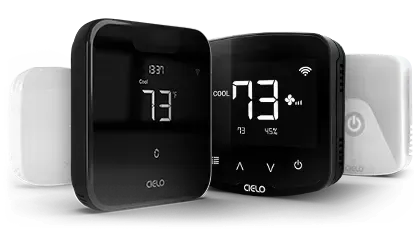
It is important to note that while these types of air conditioners are considered safer, they do not eliminate all potential risks associated with poor outdoor air quality. Moreover, if your air conditioner has fresh air intake mode, make sure to turn it off and switch your unit to recirculate mode only.
Which ACs to Avoid During Smog?
Based on the recommendations provided by the EPA, avoiding evaporative coolers in smoky conditions is advised as they may bring more smoke inside.
Similarly, if you have a portable air conditioner with a single hose that vents out of a window, it is not recommended to use it during smoky conditions as it can result in the intake of more smoke. However, if yours is a two-hosed model, check for a secure seal between the window and vent kit before use.
Window air conditioners can be tricky to use in this scenario. Mostly, this type of AC brings in air from the outside. However, you can use a window AC if it has the option to close the outdoor air damper. Also make sure the gaps between the window and the unit are completely sealed. It is however advised to avoid using a window AC if you can. The reason is that they usually don’t have advanced air filters like central and mini-split units, hence, pose a risk of bringing in smoke particles.
Alternatively, you can use fans to keep your place breezy. Or you can try these methods to stay cool without AC.
How Can You Have Cleaner Indoor Air?
To enhance the air quality in your home when smog or wildfire situations occur, consider the following measures:
- Keep windows and doors shut.
- Opt for high-efficiency air filters designed to capture smaller particles. HEPA (High-Efficiency Particulate Air) filters are particularly effective in removing fine particles from the air. It is preferred to opt for a filter with MERV 13 or more.
- Complement your air conditioner with dedicated air purifiers equipped with HEPA or activated carbon filters. These devices are designed to remove a wide range of pollutants, including fine particles, gases, and odors.
- Regular air conditioner maintenance is crucial to optimize its performance. Clean or replace air filters as the manufacturer recommends to prevent the buildup of pollutants and maintain efficient airflow.
- Avoid activities that create more fine particles indoors, including smoking cigarettes, using gas, propane, or wood-burning stoves and furnaces, burning candles or incense, and vacuuming unless you use a vacuum with a HEPA filter.
- Add air-purifying plants to your house for improved health and better indoor air quality.
Understanding the Health Consequences of Smoke and Smog
Exposure to smoke and smog can have several negative health consequences. Here are some common health effects associated with smoke and smog besides general discomfort:
- Respiratory Issues: Inhalation of smoke and smog can irritate the respiratory system, leading to symptoms such as coughing, wheezing, shortness of breath, and chest tightness. People with pre-existing respiratory conditions like asthma, bronchitis, or chronic obstructive pulmonary disease may experience exacerbation of their symptoms.
- Eye and Throat Irritation: Smoke and smog can cause irritation to the eyes, leading to redness, itching, watery eyes, and discomfort. They can also irritate the throat, resulting in a sore throat or hoarseness.
- Allergies and Sensitivities: Smoke and smog contain particles and pollutants that can trigger allergies or sensitivities in some individuals. This may manifest as allergic rhinitis, sinus congestion, or skin reactions.
- Cardiovascular Effects: Prolonged exposure to smoke and smog has been associated with an increased risk of cardiovascular problems, including heart attacks, strokes, and aggravated heart conditions. The fine particles and pollutants in the air can enter the bloodstream and have systemic effects.
- Aggravation of Existing Health Conditions: People with underlying health conditions, such as cardiovascular diseases, respiratory illnesses, and allergies, may experience worsened symptoms and increased health risks when exposed to smoke and smog.
Related: Indoor Air Pollutants & How to Get Rid of Them
The guide above provides practical advice to help you navigate through any smoky situations in the future. During periods of smog or wildfires, it is essential to take additional measures to improve indoor air quality. Try to stay indoors and close all the entries where outdoor air can seep in from. It is essential that you take precautionary measures and use the best possible air conditioning system, like a central unit or mini-split system, during wildfires.
Frequently Asked Questions
Can Air Conditioners Filter Air Pollution?
Air conditioners play a vital role in maintaining indoor comfort, but they have limitations when it comes to filtering outdoor air pollution. Standard air conditioning systems are not specifically designed to filter outdoor air pollution. The primary function of air conditioners is to regulate temperature and humidity rather than purify the air.
However, they can help reduce some pollutants, such as dust and allergens, by recirculating and filtering indoor air. It is important to note that the efficiency of air filtration in standard air conditioners may vary, and they may not effectively filter out very fine particles or gases.
How Effective Is a Portable Air Cleaner or Air Purifier?
Portable air cleaners and air purifiers can effectively improve indoor air quality by reducing airborne particles and pollutants. If you opt to purchase a portable air cleaner, it is essential to select one that is appropriate for the size of the room where it will be used.
In cases where portable air cleaners are not readily accessible or affordable, a DIY air cleaner can be considered as a temporary alternative. Nonetheless, It is not recommended to rely on DIY air cleaners as a permanent substitute for commercially available products with known performance capabilities.
